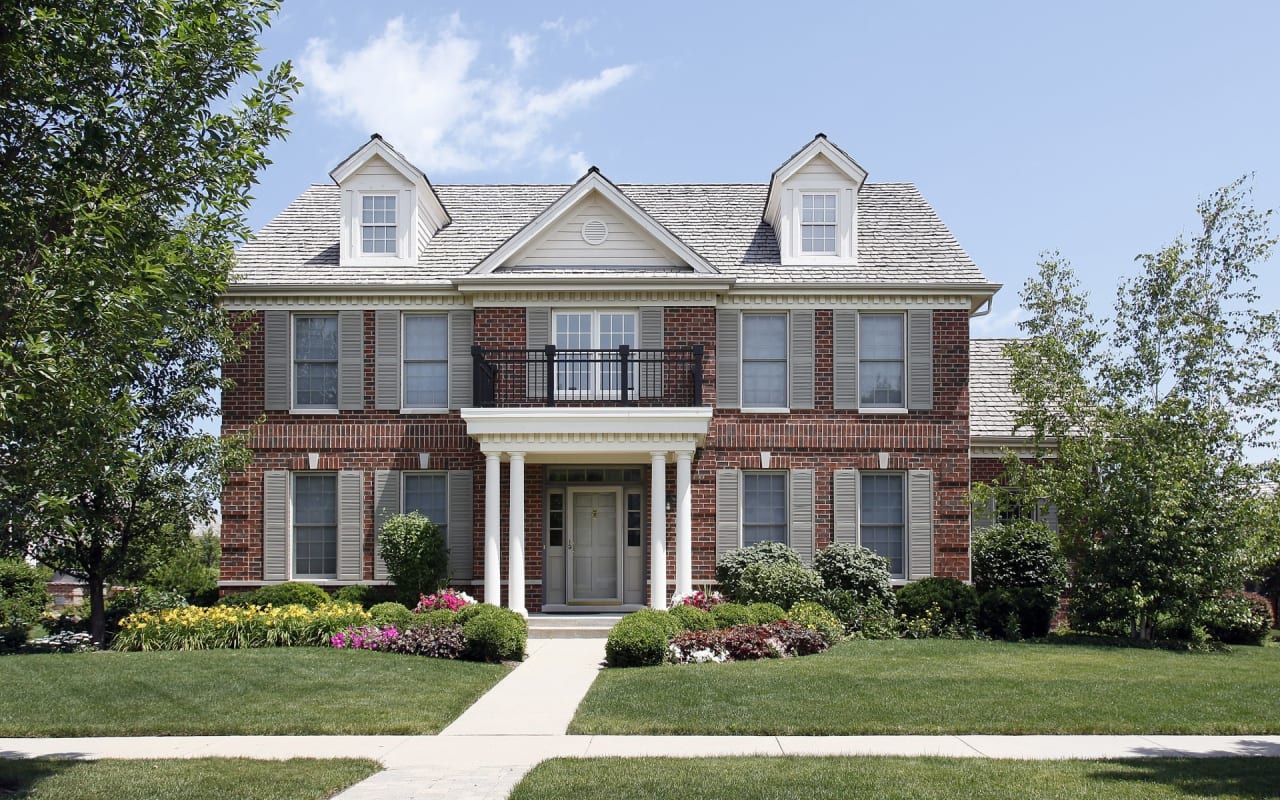Downsizing your home can be a smart move for many reasons. Whether you're looking to save money, simplify your life, or enjoy a smaller, more manageable space, there are several factors to consider when downsizing. Here, we'll explore some key considerations to help you make the most of your downsizing journey, Pros & Cons.
Downsizing Defined
Downsizing is when you buy a smaller home than the one you currently have. This is often a decision made by those who now have an empty nest, are struggling to deal with the upkeep of their home or are finding the related costs hard to deal with.
It may just be that you are eager for a change, want to simplify your life, want to move closer to friends or family members, or want to start a new phase in life. Whilst many people have been trying to upsize throughout their home-buying journey, downsizing can offer so many options!
Current & Future Needs
Evaluate your lifestyle and determine how much space you truly need. Consider factors such as the number of bedrooms and bathrooms, storage space, and overall square footage. Think about your daily routines and activities to determine what amenities and features are essential for your new home.
Downsizing to a smaller home means less upkeep, lower bills and more time to do the things you love. It’s an exercise in saving both money and time. If you are downsizing in later life, it means you can choose a property that will be better suited to your needs as you get older. Instead of having to contend with your stairs, limited accessibility or a huge garden requiring maintenance, you can pick a property that can work for you.
Personal Belongings
Downsizing often means letting go of some possessions, so it's important to declutter and downsize your belongings as well. Assess each item and decide whether it serves a purpose or brings you joy. Consider donating, selling, or giving away items that you no longer need or want. This will not only help you pare down your possessions but also make the moving process easier.
Financial Considerations
Financial considerations are also crucial when downsizing. Evaluate your budget and determine how much you can comfortably afford for a smaller home. Remember to factor in not just the purchase price, but also ongoing expenses such as property taxes, utilities, and maintenance costs. Downsizing can bring financial benefits, such as lower mortgage payments and reduced utility bills, but it's important to carefully assess your financial situation before making a decision.
Also, if you’ve been in your current home a while, it’s likely to have increased in value, and you may be near to paying off your mortgage, if not having paid it off completely. Buying a smaller, cheaper property will give you a lot of equity left over, to use for whatever you wish. It also means you can buy your new home as a cash buyer, giving you more options, and the ability to live mortgage free.
Additionally, you need to consider whether you are going to Buy First or Sell First. The answer to this question can help you make the right financial decisions related to your move.
However, it's important to understand the potential impact of capital gains when selling your current property. Capital gains tax is a tax imposed on the profit earned from the sale of an asset, including real estate.
Location
Consider proximity to amenities such as grocery stores, healthcare facilities, and recreational activities. Also, think about transportation options and accessibility. Downsizing often involves a change in lifestyle, so choose a location that aligns with your needs and preferences.
On the Other Hand (Why you might not want to downsize)
Are you currently living in a large, spacious home and considering downsizing? Downsizing can be a great option for many people, as it can lead to a simpler lifestyle and financial benefits. However, it's important to consider the potential downsides before making the decision to downsize. Here are a few reasons why you might not want to downsize your home.
Emotional attachment
If you have lived in your current home for a long time, you may have developed a strong emotional attachment to it. Moving to a smaller space can be emotionally challenging, as you may have to let go of those physical reminders of cherished memories associated with your current home. There’s no real need to downsize if you’re opposed to the idea, but often it can offer a greater quality of life with the money you make from the sale. If you really don’t want to leave your home, but want access to the value of your property, you could consider a Reverse Mortgage, a Home Equity Loan, or a HELOC.
Lack of space
Downsizing means having less space, which can be a major drawback if you have a large family or frequently host guests. Consider whether you are willing to sacrifice the extra space and amenities that your current home provides.
Storage limitations
Downsizing often means having less storage space. If you have a lot of belongings or hobbies that require a significant amount of storage, downsizing may not be the best option for you. Consider whether you are willing to part with some of your belongings or find alternative storage solutions.
Neighborhood and community
Moving to a smaller home may mean moving to a different neighborhood or community. If you are deeply rooted in your current community and have strong connections with neighbors and friends, downsizing may disrupt these relationships.
Future needs
Consider your future needs when deciding whether to downsize. If you anticipate needing more space in the future, such as for a growing family or to accommodate aging parents, downsizing may not be the best long-term solution.
Final Thoughts
Downsizing your home can be a positive and rewarding experience if done thoughtfully and intentionally. Take the time to evaluate your needs, declutter, and consider the financial and location aspects. By doing so, you'll be able to make a successful transition to a smaller, more comfortable space.
Ultimately, the decision to downsize your home is a personal one that depends on your specific circumstances and preferences. It's important to carefully weigh the pros and cons before making a final decision.




